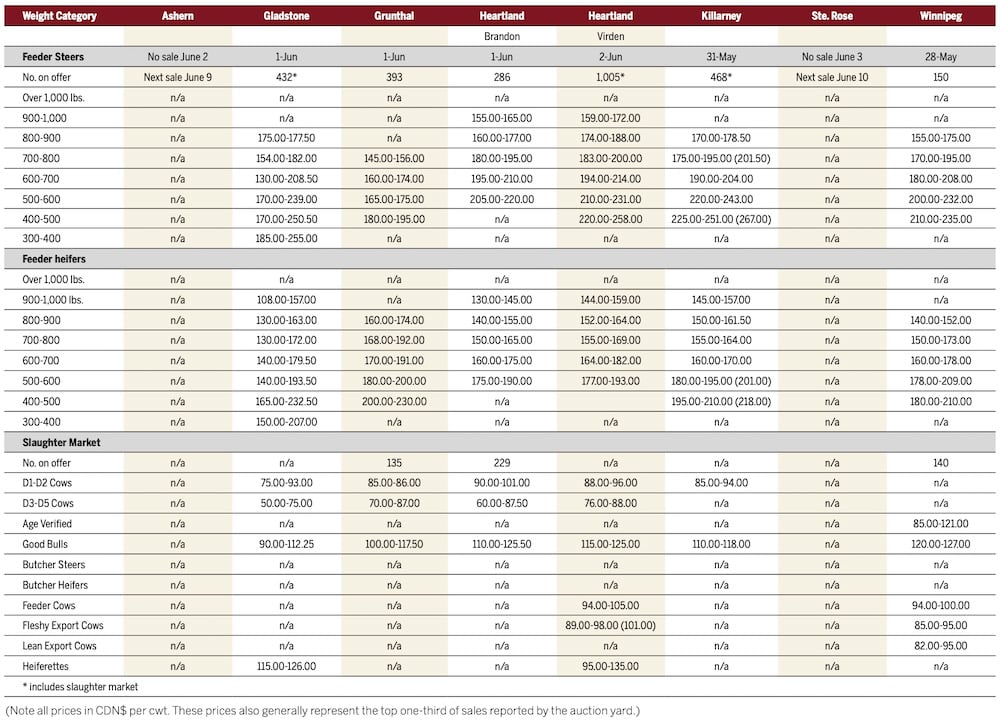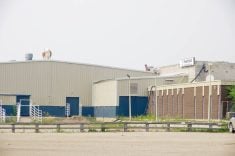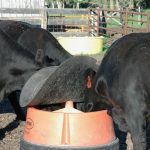Prices at six of Manitoba’s eight cattle auctions didn’t see much movement overall for the week ended June 3. Now on a biweekly schedule, the auction marts at Ashern and Ste. Rose skipped this week, with their next sales on June 9 and 10 respectively.
At Winnipeg Livestock Sales, field representative Scott Anderson said slaughter cattle were up a couple of dollars, but there were issues with feeder cattle.
“It’s tough to get a feel for the feeder cattle. We just don’t have any numbers or groups,” he said.
Read Also

Canola prices rangebound heading into new crop year
Looking ahead at the 2025/26 grain marketing year: Market fundamentals will remain highly influential in the longer term for Canadian canola prices.
Winnipeg saw an almost even split for its May 26 sale, with 150 feeders sold compared to 140 for auctioned slaughter. That total was down only by 10 from the previous week.
“In the following weeks to come, we are going to see fewer and fewer cattle,” he said.
However, Anderson cautioned there could be a small increase in traffic at the province’s auctions as cattle head out to pasture only to find there’s not enough grass for them.
In its June 1 crop report, Manitoba Agriculture and Resource Development noted pastures and hay land suffered disproportionately from earlier frosts and a continued lack of rain. Those conditions have stunted regrowth on grazing lands, which is expected to be an ongoing concern until there is sufficient rainfall.
At the six active auctions, values were quite steady for heavy and light feeder cattle alike. On average, light steers this week were $189-$222 per hundredweight, with light heifers at $169-$197. The previous week those steers fetched $196-$226/cwt and heifers garnered $170-$193.
Heavier cattle this week saw steers go for $166-$181/cwt and heifers, $144-$164. Those prices were just a few dollars up from the previous week in which steers sold for $163-$179/cwt and heifers $143-$160.
Altogether 3,238 head were auctioned, for an average of 540 animals per facility. That’s down from the average of 594 the week prior, during which only four auctions made sales.
The hacking of JBS’s computer system caused a commotion in the cattle industry as the international packer’s plants in North America and Australia were shut down. On June 4, JBS announced all of its plants had resumed full operation, with hopes of the resulting slaughter cattle backlog being erased quickly.
In the United States, the Federal Bureau of Investigation (FBI) alleged the cybercriminal group REvil was behind the ransomware attack on JBS; the FBI said REvil is connected to Russia-based hackers.




















